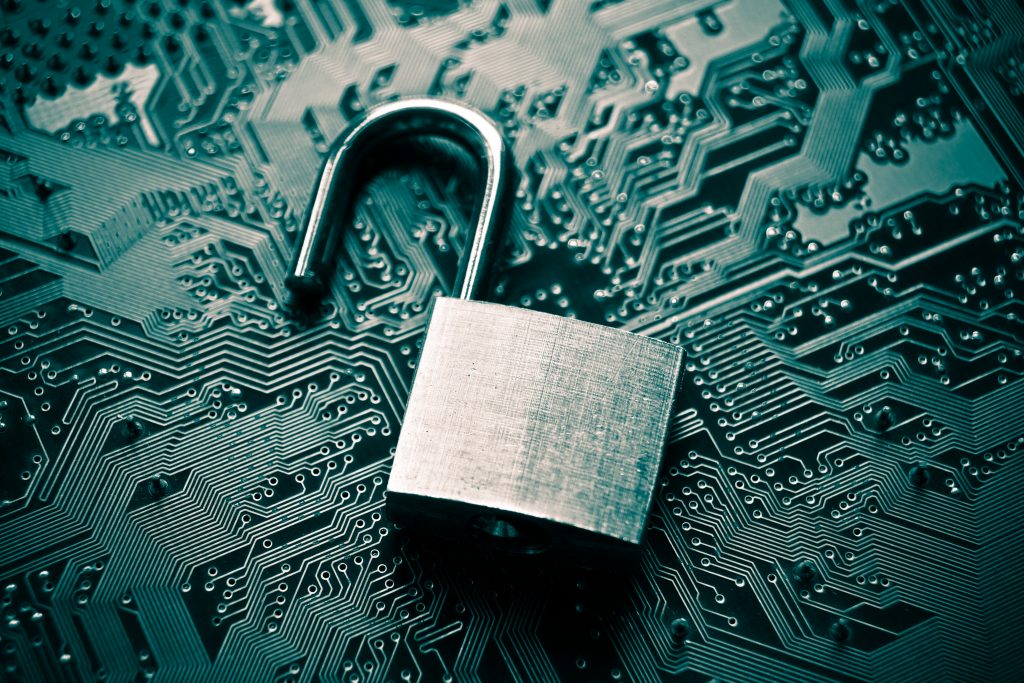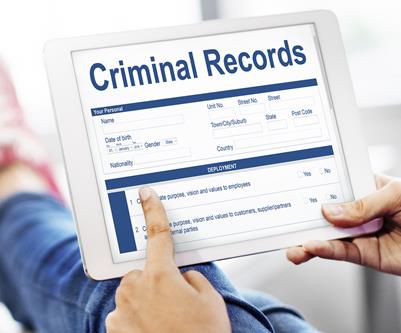How To Recover Data From Hacked Devices
Both individuals and business (especially small and medium scale businesses) devices are at risk of being hacked. This recurring state of vulnerability is terrifying, but the reality of a security breach experience can be even worse.
Having your data compromised is deplorable, to say the least. It can happen to anyone, so you can take some solace in knowing you’re not alone. Relatively large organizations like Equifax and Evernote—with a professional IT team devoted to data protection—have succumbed to cunning hackers. The key to moving on from a catastrophic data breach is to develop a plan to minimize the damage and prevent it from happening again and scavenge the data you can after the attack.
What is a data breach?
A data breach is any incident of an unauthorized person bypassing cybersecurity measures to view or steal confidential data from a device. A data breach could take many forms, ranging from unintentional access to protected information to the deliberate hack of a database to steal corporate or personal secrets. Sometimes, cybercriminals even try to corrupt an entire system.
How data breach affects individuals and businesses
A data breach can cost individuals both financially and mentally depending on the type of data loss. If hackers get hold of your financial data, they impersonate your online banking profile and cart away your money.
A data breach can cost a small business a tremendous amount of loss in sales, according to a lot of studies. That cost can be exponentially larger for bigger enterprises. A report by IBM (International Business Machine) estimates the average cost at around $8 million, and the breach can devastate business operations, customer security, and even your workforce, depending on the type of attack.
It is important to keep your hardware and software up to date and compliant with security policies, because the potential damages are catastrophic. Anyone aspect of a data breach could put an entire organization out of business.
What to do when a breach occurs

By the time you discover a breach, the hacker has likely stolen or misused the data and erased their trail. Hence, your first line of action after discovering a data breach should be to get adequate information about what happened, how you were hacked, and how have been impacted. If the data is for your business, you should analyse how the attack will affect your business and whether or not you should inform your customers.
- Hire a data recovery specialist. A recovery expert can find, preserve, and analyze electronic equipment and data to assess precisely what happened and scavenge for data that can be restored. Sometimes physical access to the attached hard drive will be required while some data branches can be recovered online, it all depends on the gravity of the hack. After recovering your lost data, the recovery expert can also put in place a defensive mechanism to protect you from future attacks.
Recoveries Pro is a reliable recovery platform with tons of recovery experts to assign to you depending on the nature of the data breach. Recoveries Pro has over 8 years of experience in the business and has assisted over 4000 individuals and companies recover lost data. Go to Recovery Pro to file a data breach case as soon as possible to get your data recovered. Note, timing is an important factor in determining whether your data can be recovered or not, you are advised to act fast.
- Stop using any infected device. When you discover a data hack, you should immediately stop using any device that has been compromised and physically disconnects any internet connections, if it is a PC disconnect it from the power source and shut down if it is a laptop or mobile device ( disconnect the battery if possible). This will not only help preserve evidence for recovery but also prevent further hacks in the short term and might even prevent the hack from completely taking over your device.
- Contact your legal department. In the case of a business, after hiring a recovery expert hire a lawyer that specialises in data security breaches typically to advise you whether or not to notify consumers, the public, insurance providers or regulators.
- Back up critical data. After recovering your data, create a hardware backup, either in the cloud or on hardware. Make sure you periodically update your backup to keep it up to date.







